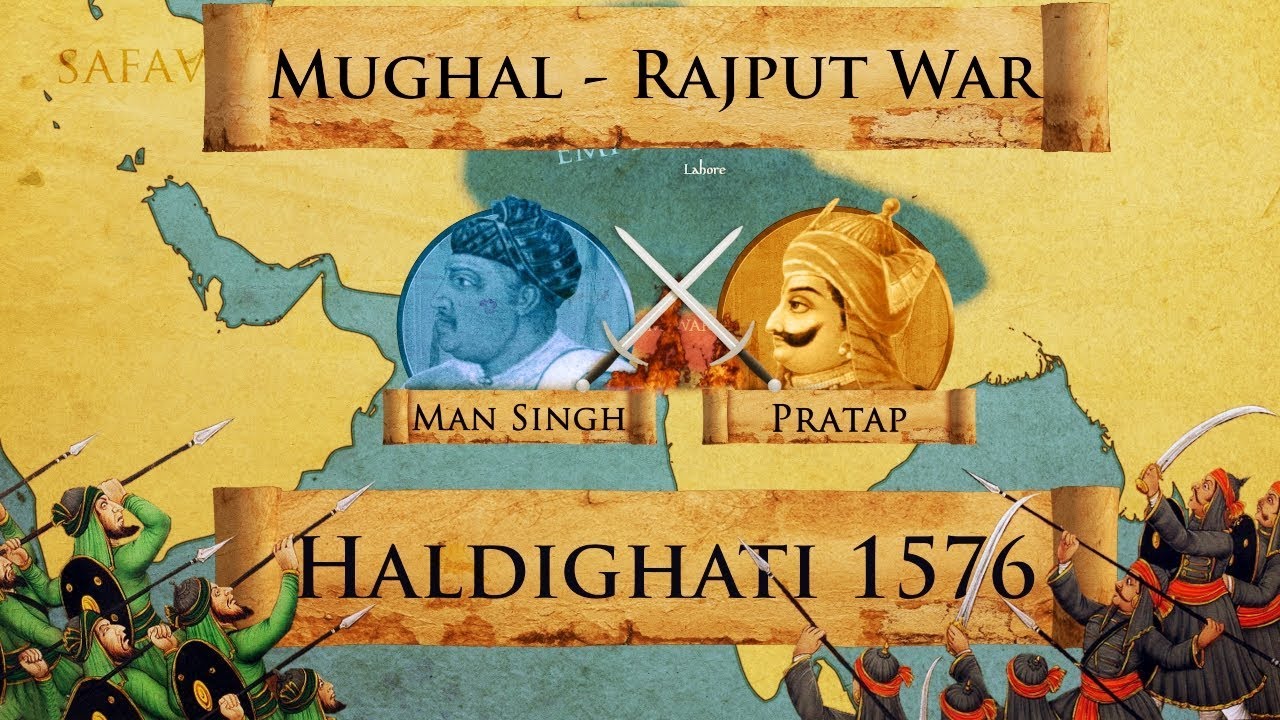
During the Seminar on Haldighati War Day held in Udaipur. While the battle's outcome is still debated in terms of victory and defeat, it served as the initial catalyst for the Mewar-Mughal conflict. Maharana Pratap adopted a war strategy of surprise attacks and guerrilla warfare during this battle, employing it successfully over the next seven years to drive the Mughals out of Mewar. The seminar, organized by the History Compilation Committee in Udaipur, featured Chhaganlal Bohra, the Minister of Regional Organization, expressing these ideas.
In his address, Dr. Vivek Bhatnagar mentioned that the formidable siege of Chittorgarh in 1568 had already granted the Mughals control over the fertile eastern region of Mewar. However, the remaining forested and hilly states were still under the rule of the Rana. Akbar's aim was to establish a secure passage to Gujarat through Mewar. When Pratap Singh, previously Maharaj Kumar, ascended the throne as Maharana in 1572, Akbar sent multiple messengers in an attempt to bring him under his control. Pratap declined the offer, making war once again inevitable. The Haldighati pass near Gogunda was chosen as the battlefield. The initial three-hour skirmish saw the Mughal army crossing the Banas River and advancing 7 kos towards the northern end, while the Mewar army moved towards the mountains. The Mughal army sought refuge in Gogunda.
During the seminar, Dr. Mahavir Prasad Jaine expressed his viewpoint that Mewar's struggle against the Mughals had begun even before Maharana Pratap, with the siege of Chittorgarh in 1568 during the reign of Maharana Uday Singh. At that time, three-fourths of Mewar came under Mughal authority. On June 18, 1576, under the leadership of Maharana Pratap, the Mewar army defeated the Mughals. The Mughal forces were led by Raja Man Singh I of Amer and the Mughal general, Asaf Khan. Maharana Pratap received support from the Bhil tribe during this war.
Dr. Jeevan Singh Kharkwal, the District President of the committee, mentioned that Akbar attempted to strengthen his kingdom by forging alliances with the Rajputs. However, the Maharana of Mewar refused to visit Akbar's court in Agra, leading to the Mewar-Mughal conflict.
Dr. Hemendra Chaudhary explained that when Rana Pratap's father was installed on the throne of Mewar, Akbar sent a series of diplomatic envoys. Their objective was to secure a direct route to Delhi through Gujarat and gain control over the zinc, silver, and lead mines located in Mewar's Vananchal region.
District Minister Chainshankar Dashora mentioned that Akbar's initial messenger, Jalal Khan Kurchi, who was a favored servant of Akbar, failed in his mission. The final emissary, Todarmal, also could not persuade Pratap, confirming the inevitability of war.
At the conclusion of the program, Deepak Sharma proposed a vote of thanks, and the program was conducted by Dr. Manish Shrimali.